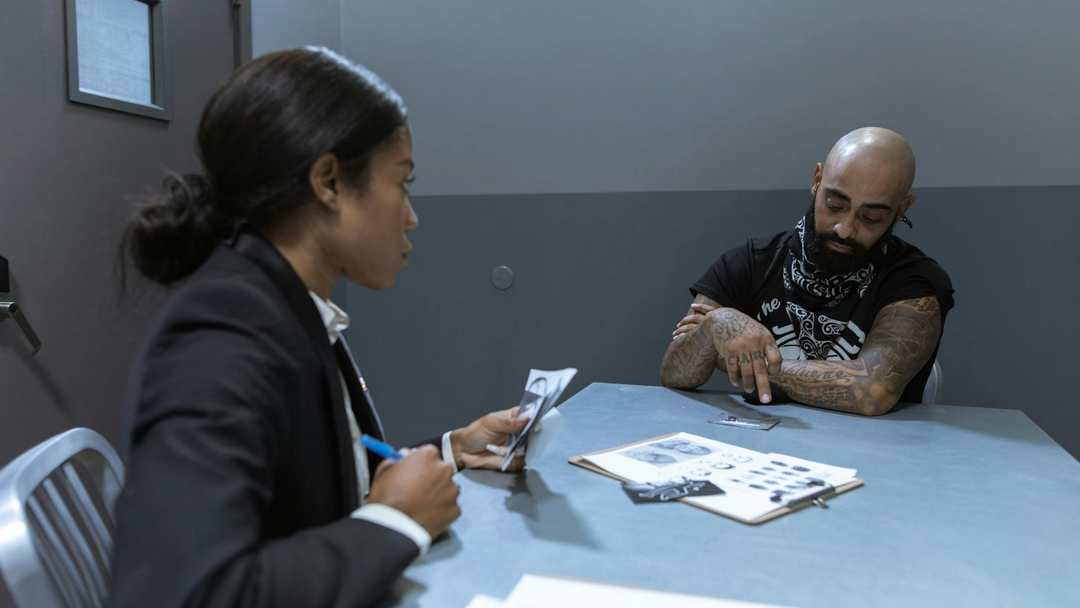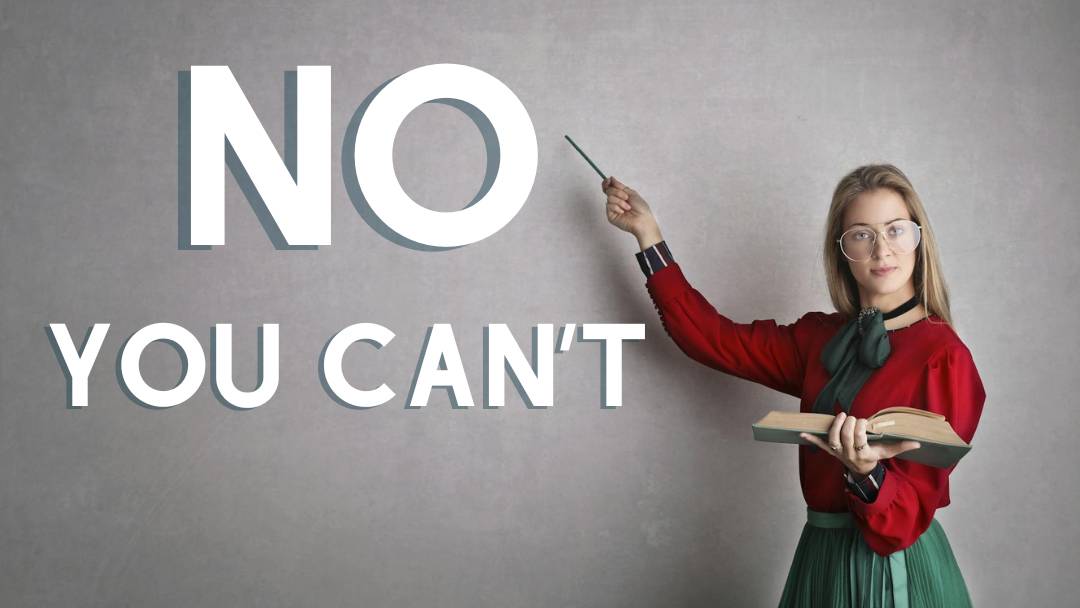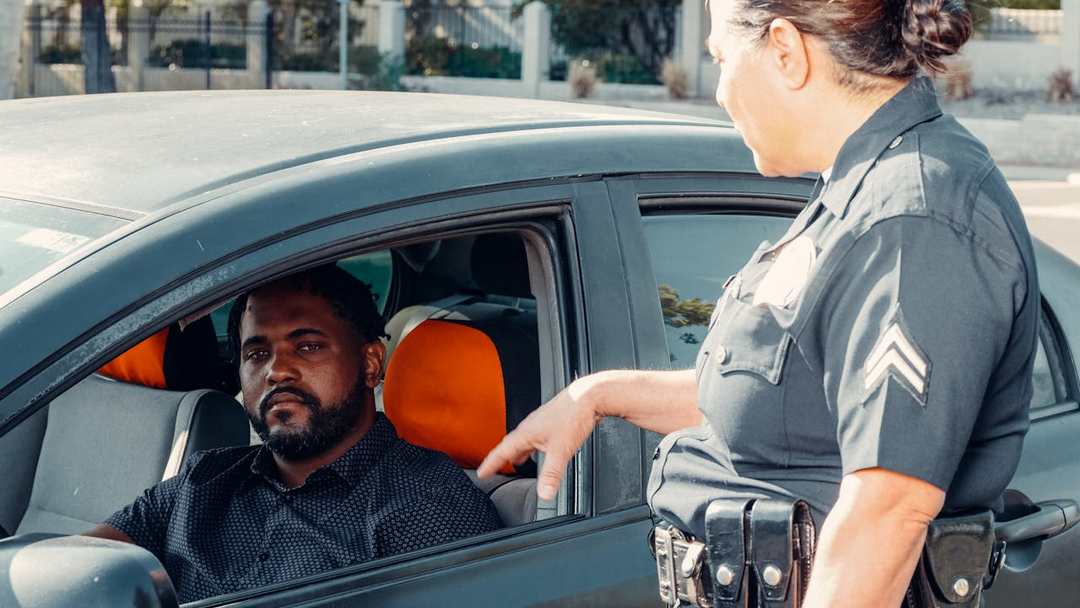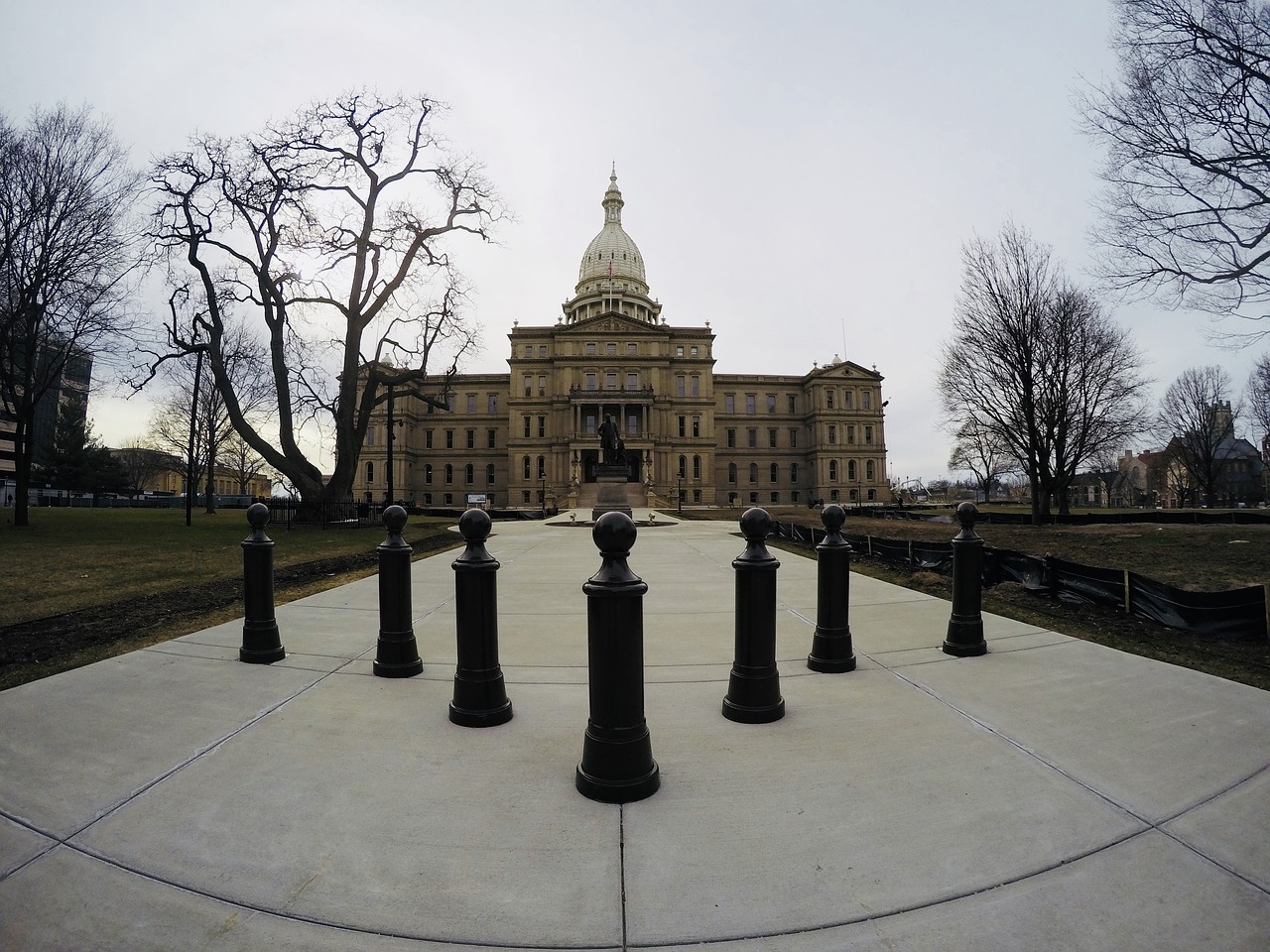Michigan teens can pre-register to vote
With the next election season, Michigan Democrats passed a new law that allows 16-year-old high school students in the state to pre-register to vote.
“Michigan led the nation in youth voter turnout in the 2022 elections and we are working to build on that progress in 2024,” said Michigan Secretary of State Jocelyn Benson. “This new law helps us prepare the next generation of voters to inherit their democracy, bolstering our state’s commitment to engaging young people, educating them about the democratic process, and getting them ready to cast a ballot once they turn 18. I’m proud of the work we’ve done to energize Michigan’s young voters and look forward to implementing this policy to continue to make elections accessible for everyone.”
The law permits 16-year-olds to pre-register, as the Michigan Department of Education collaborates with the Secretary of State to ensure eligibility and material coordination.
Minimum Wage Increase
On January 1, 2024 Michigan’s minimum wage will increase from $10.10 to $10.33.
This law was enacted by the state’s Improved Workforce Opportunity Wage Act of 2018 and established an annual schedule of increases.
Another raise coming on Jan. 1, 2025, to establish the state’s minimum wage at $10.56.
For tipped workers, the minimum wage will increase to $3.93 per hour, up from $3.84.
The State law requires that, when tips are received, the combined tip and hourly rate must equal the required minimum hourly wage.
Michigan’s Gun Laws
A package of gun laws was introduced in Lansing, intended to help protect people from gun violence.
Michigan Democrats were able to buse their power obtained in the 2022 elections to get the three bills through both the House and Senate and onto the desk of Governor Gretchen Whitmer.
Safe Storage: If you own a gun or if a minor is expected to be in your home, a gun owner will be required to lock their weapon away
Background checks: Someone purchasing a firearm at a gun show or through a private sale will need to have their background checked regardless of how they are buying it
‘Red flag’: establish a pathway for extreme risk protection orders – intended to remove the potential of violence for those who may have mental health problems or have threatened others.
No you don’t have the ‘right-to-work’ anymore
In February, Michigan’s right-to-work law will be repealed, marking a significant milestone as the state becomes the first in decades to overturn a union-restricting law known as “right-to-work,” which was enacted over a decade ago by a Republican-controlled Legislature.
The state’s “right-to-work” law, which allowed individuals in unionized workplaces to opt out of paying union dues and fees, has been repealed. This repeal is celebrated as a significant triumph for organized labor, especially considering the record-low union membership rates experienced last year. No dues and fees – no contributions.
The Democratic lawmakers pushed through the repeal, which Whitmer said would restore workers’ rights and protect Michiganders on the job.
Michigan expands Elliot-Larsen Act
Whitmer signed an expansion of the Elliot-Larsen Act – which includes protection from discrimination based on sexual orientation or gender identity/expression.
The act safeguards the rights of individuals within the LGBTQ+ community concerning employment, housing, education, and access to accommodations.
Michigan repeals third-grade reading law
Whitmer has also taken action by signing a bill that repeals Michigan’s third-grade reading law, which was implemented in 2016 due to the fact that less than half of Michigan third graders achieved a passing score on the reading section of M-Step..
In 2016, the state of Michigan enacted a law that required schools to identify students who were struggling with reading and writing. The law would hold students behind for a year if they are more than one grade level behind.
That law ends in 2024.
Starting next year, students will not be held back if they receive a low score. Instead, parents will receive information about intervention options.
Michigan’s bold energy plan
It has been a seven-year journey, but Michigan now proudly presents its ambitious clean energy plan, with the goal of achieving 100% clean energy by 2040.
In late November, Whitmer signed the historic Clean Energy & Climate Action Package.
The legislation aims to enhance clean energy production by utilizing specific government mechanisms. This includes granting the Michigan Public Service Commission the authority to spearhead large-scale solar power projects, a role previously undertaken by local governments.
The state has set ambitious targets for its energy production in the coming years. By 2040, the goal is to generate all of its energy from clean sources. To make this vision a reality, the state has established milestones of achieving 50% clean energy by 2030 and 60% by 2035. Currently, the state derives 12% of its energy from renewable sources, primarily wind.
The act goes into place on Feb. 27, 2024.
RESTORE YOUR SECOND AMENDMENT RIGHTS
RESTORE YOUR PROFESSIONAL LICENSE
RESTORE YOUR DRIVER LICENSE
RESTORE YOUR PAST (Expungements)
Call our Office for a free case evaluation
Komorn Law (248) 357-2550
Professional License Restoration / Rights Restoration / Record Expungments / Driver License Restoration
More Posts

The search being challenged was triggered by the odor of cannabis
The case People of Michigan v. Freddie Wilkins III (No. 367209) revolves around a legal challenge regarding the search of a vehicle without a warrant.Police conducted a warrantless search under the "automobile exception."The case People of Michigan v. Freddie Wilkins...

Carrying a Concealed Weapon in Michigan
Carrying a concealed weapon (CCW) in Michigan without proper authorization is a crime.Carrying a concealed weapon (CCW) in Michigan without proper authorization can lead to serious criminal charges. Michigan law has strict regulations regarding firearms, and violating...

MI Supreme Court Declines to Intervene in Public Records Dispute
Michigan Supreme Court Declines to Intervene in Public Records DisputeTeachers Union and School District at Odds Over Data AccessThe Michigan Supreme Court recently declined to hear a case regarding whether public school teachers' class materials are subject to the...

Felony Firearm Possession in Michigan
Felony Firearm Possession in Michigan.In Michigan, the laws surrounding firearms are strict, especially when it comes to felony firearm possession. If you’re charged with a felony and found to be in possession of a firearm during the crime, the penalties can be...

Do the passengers in your vehicle have 4th Amendment Rights?
Do Passengers in your vehicle have 4th Amendment Rights against Search and Seizure?Passengers in a vehicle are afforded Fourth Amendment protections against unreasonable searches and seizures, though the scope of these rights varies based on the specific circumstances...

Probable Cause v Reasonable Suspicion
What's the difference between probable cause and reasonable suspicion?Definition of Probable Cause Probable cause refers to the belief held by a reasonable person that a crime is currently being committed, has already been committed, or is likely to be committed in...

Are there exceptions that justify warrantless searches?
Exceptions to your 4th Amendment Rights against Search and Seizure (more to come).The Fourth Amendment of the U.S. Constitution safeguards citizens by prohibiting unreasonable searches and seizures and generally mandates the necessity of a warrant for such intrusions....

Warrantless Searches in Michigan
I don't need a warrant for that...In Michigan, as in the rest of the United States, the Fourth Amendment of the fading Constitution provides individuals with protection against unreasonable searches and seizures by law enforcement. Generally, this means that police...

One of Michigan’s Top DUI Attorneys
We aggressively defend all aspects of traffic law, from simple civil infractions to more serious alcohol and drug-related offenses. Don't wait till the last second to get an attorney. That's how you lose.Why Attorney Michael Komorn is one of Michigan’s Top DUI...

Michigan DUI Laws and Consequences – Second Offense
Michigan DUI Laws and Consequences – Second Offense Operating Under the Influence (OUI) is a serious offense in Michigan. If someone is caught driving under the influence of alcohol or drugs, they can face severe penalties. When it comes to a second offense, the...











